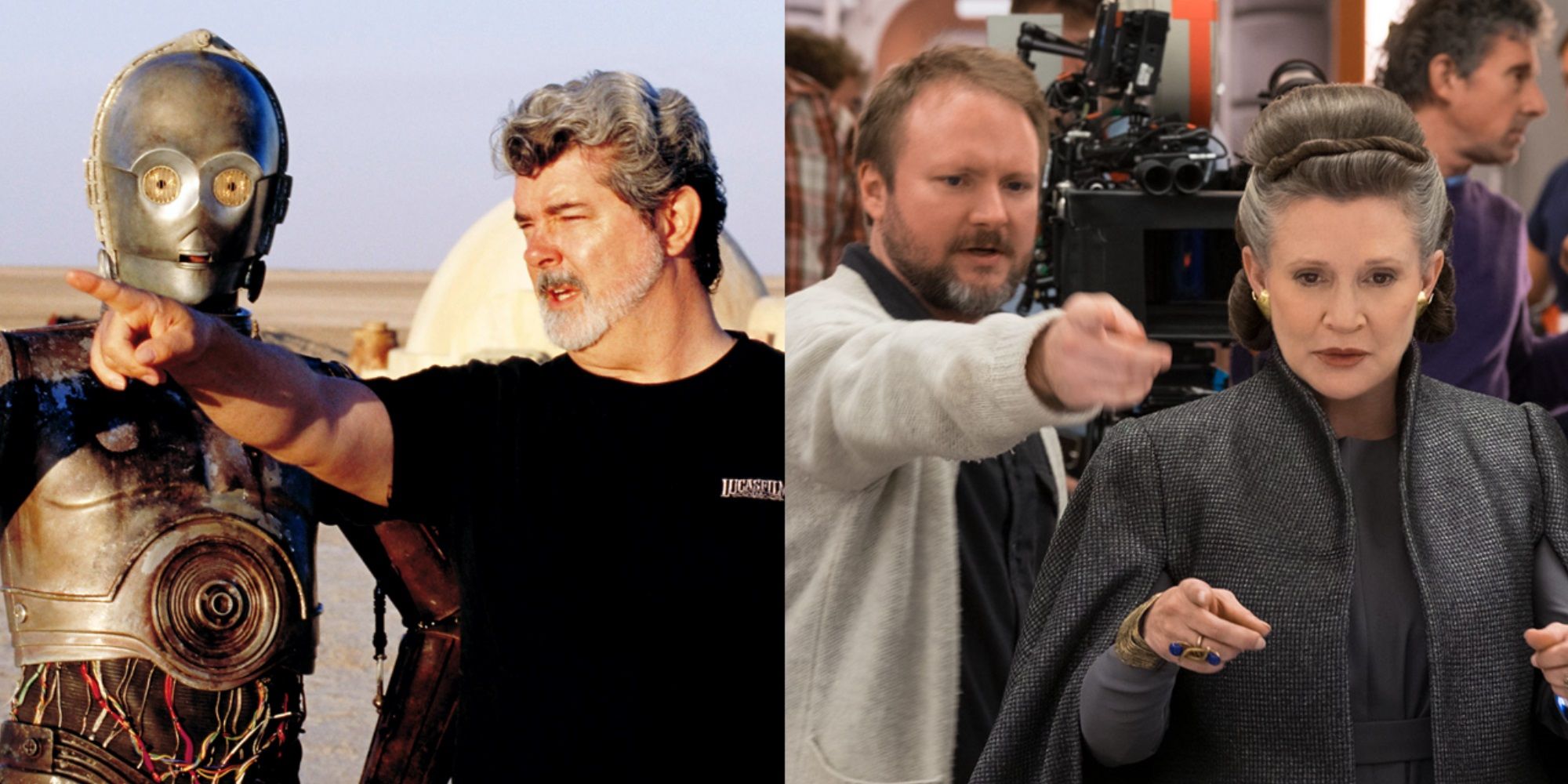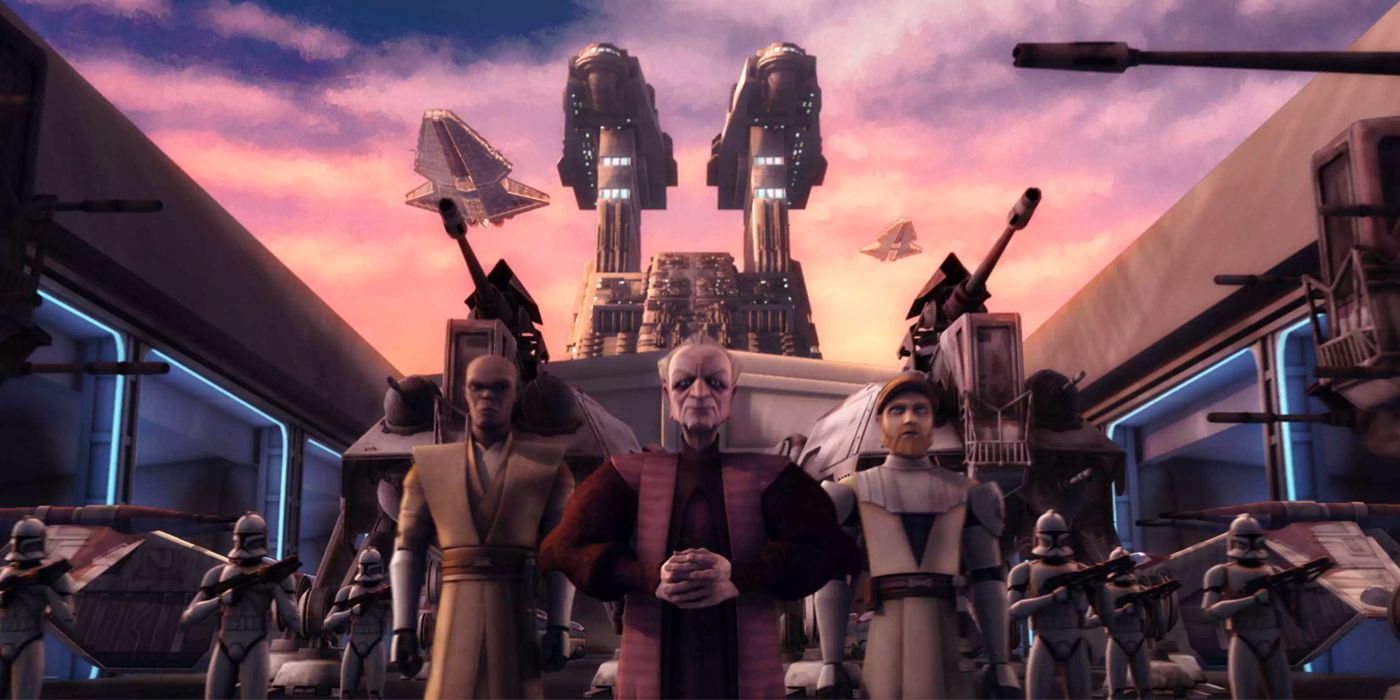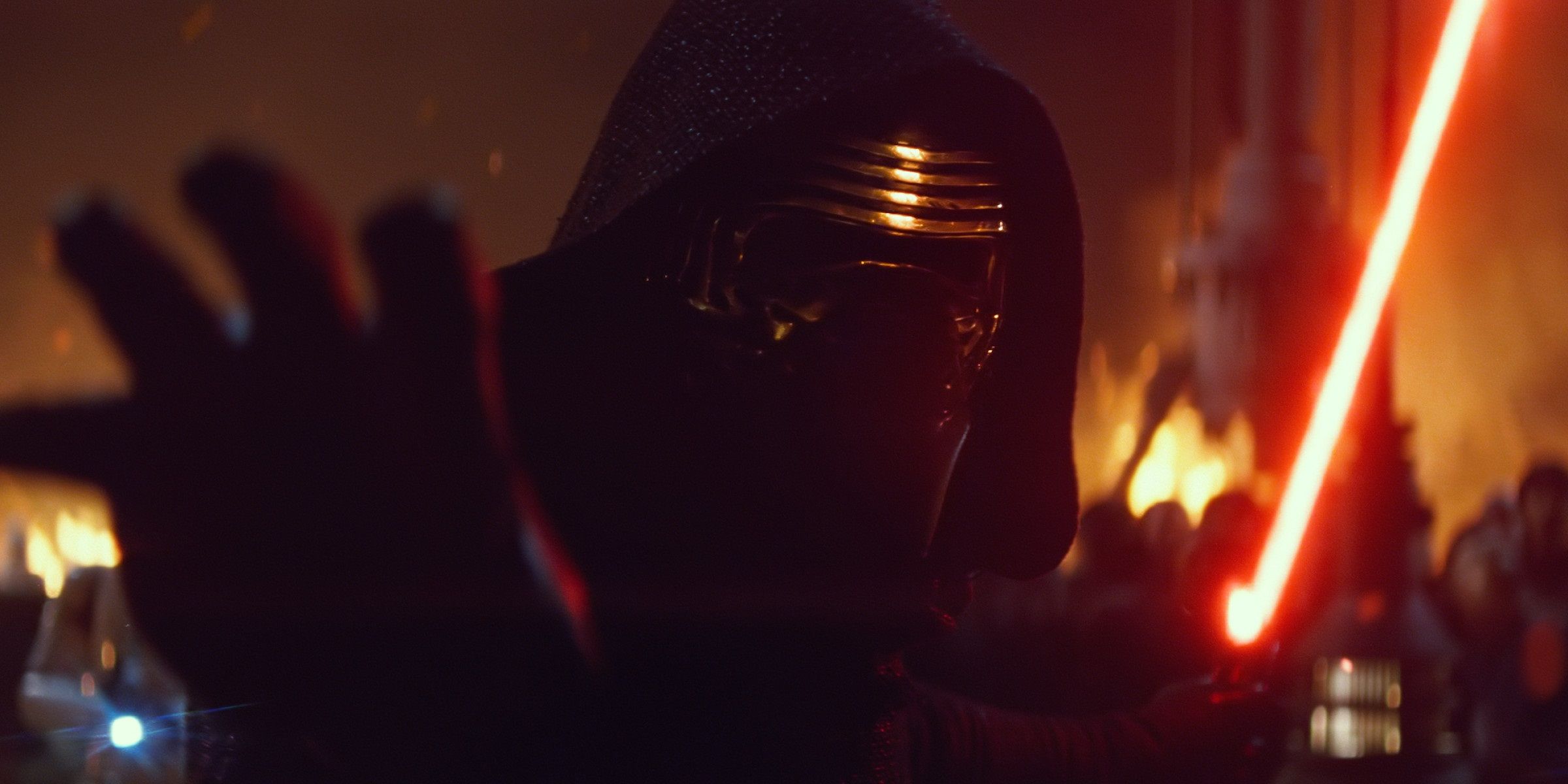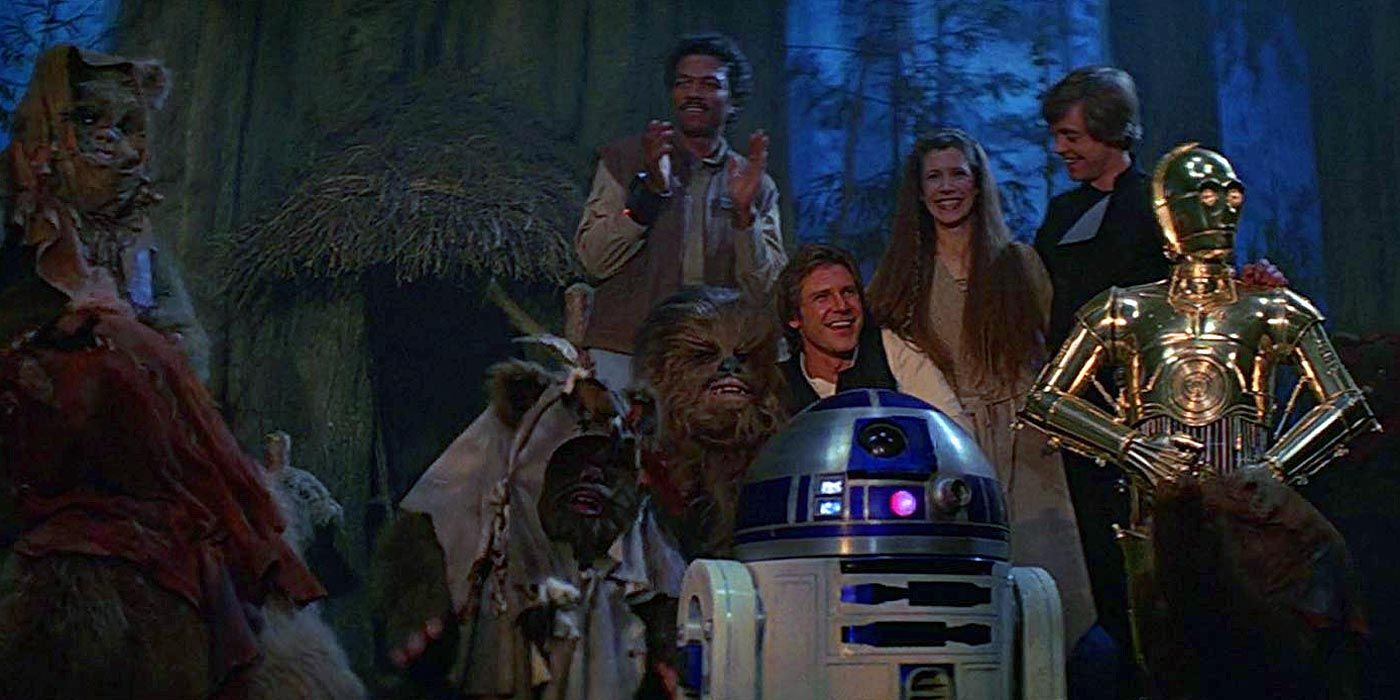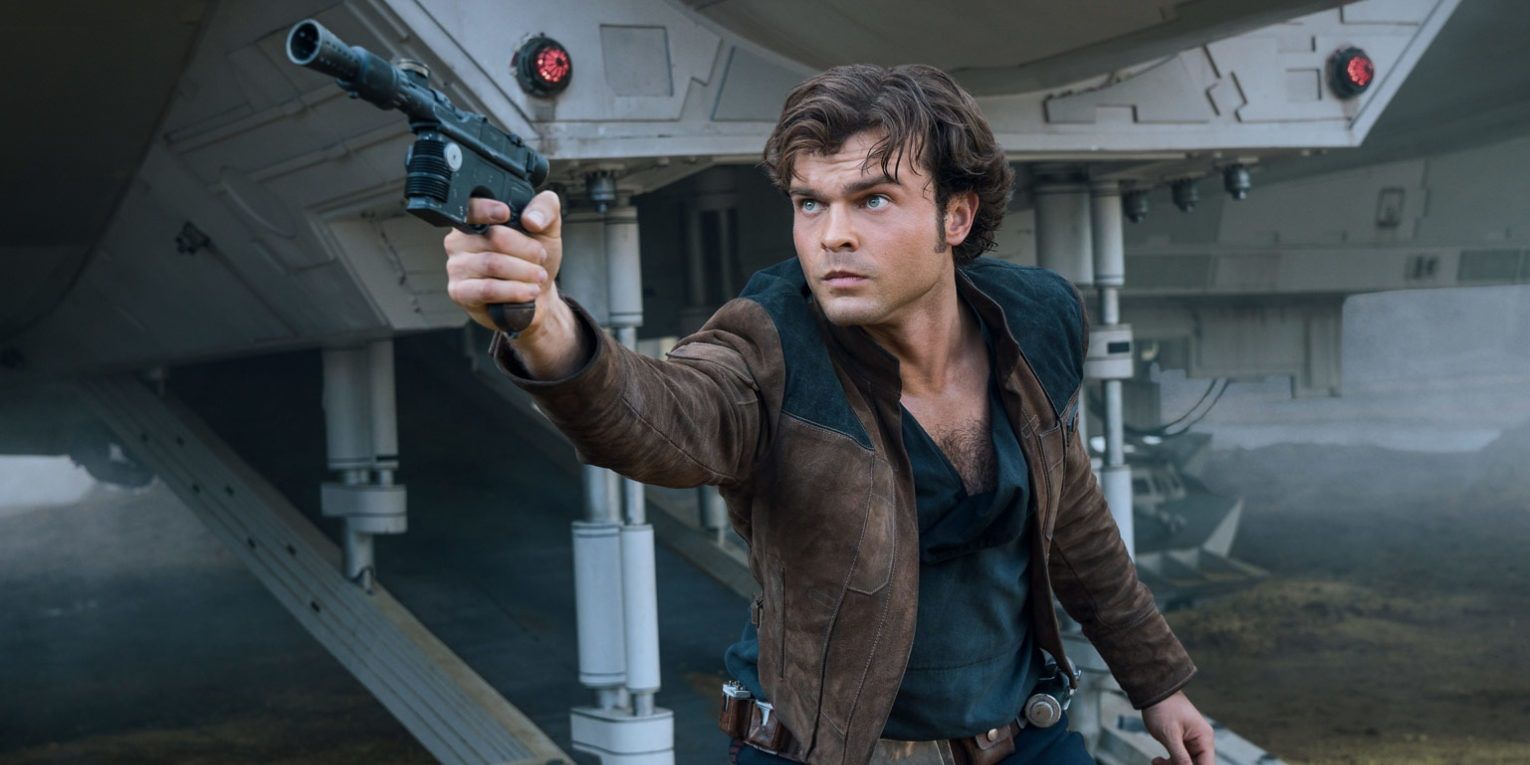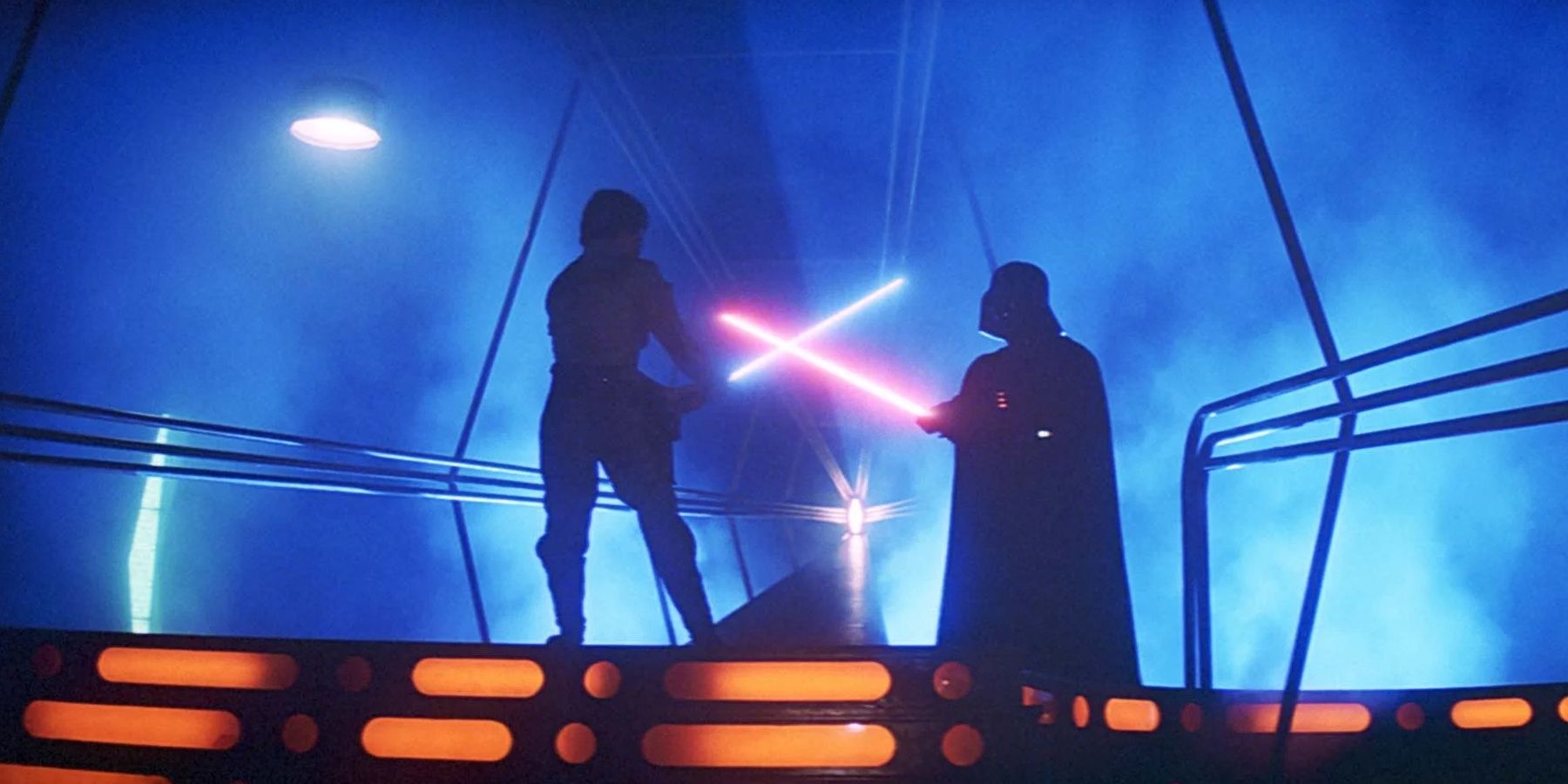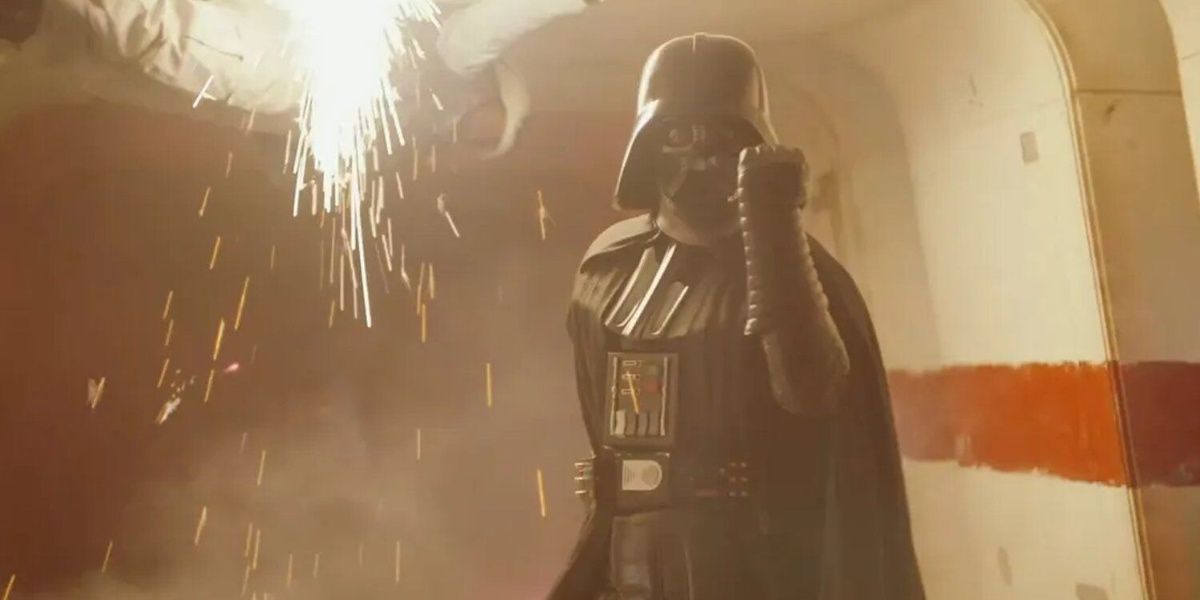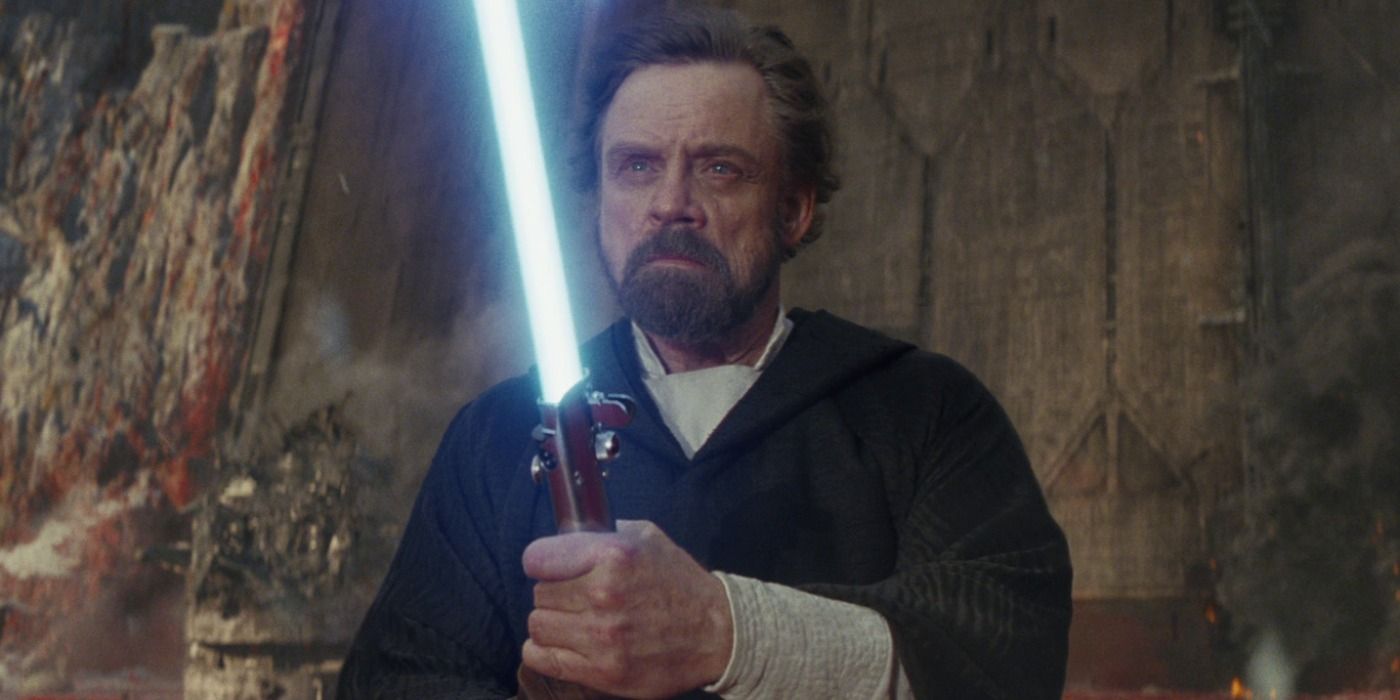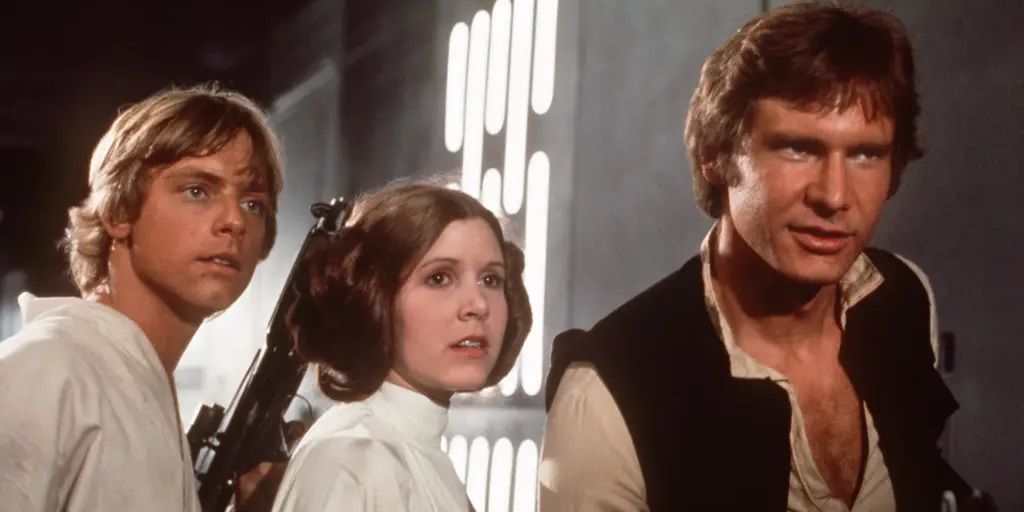George Lucas changed the face of Hollywood with the overnight cultural sensation of Star Wars back in 1977. But Lucas was just the first filmmaker to put a stamp on a galaxy far, far away. The saga proved to be so timeless that it’s still going strong nearly half a century later. Lucas has since sold his studio – and, with it, Star Wars – to a new corporate home.
Such filmmakers as J.J. Abrams, Rian Johnson, and Ron Howard have followed in Lucas’ footsteps and contributed a movie (or more) to the Star Wars universe. Star Wars is a tricky tonal tightrope walk, so these directors have had mixed results over the years.
Dave Filoni
Along with Jon Favreau, Dave Filoni has been spearheading the exciting Star Wars content on Disney+. He’s an appropriate choice to take the reins of the franchise, since Lucas mentored him as a personal protégé throughout the run of The Clone Wars. Filoni got his directorial debut with the feature-length pilot episode of The Clone Wars, which was released theatrically and notoriously got the story off to a shaky start.
While the ensuing TV series stands as one of the greatest Star Wars stories ever told, the movie that kickstarted its major storylines is surprisingly dull and disjointed.
J.J. Abrams
With his dazzling Star Trek reboot and his action-packed Mission: Impossible threequel, J.J. Abrams has proven himself to be one of the most proficient blockbuster filmmakers working today. But his contributions to the Star Wars sequel trilogy were wildly polarizing among fans. Some Star Wars fans – including Lucas himself, according to Bob Iger’s memoir – were disappointed by the rehashed storytelling and shameless nostalgia-baiting of The Force Awakens.
After the even more polarizing The Last Jedi helmed by Rian Johnson, Abrams returned to conclude the jumbled trilogy with an attempt to please everybody that ended up pleasing nobody. Since Episodes VII and VIII had contradicted each other’s themes and story arcs, there was no way for The Rise of Skywalker to stick the landing successfully.
Richard Marquand
There are all kinds of legends about Richard Marquand’s lack of creative control as the director of Return of the Jedi. The most prevalent rumor is that Lucas wanted Marquand to get master shots of every scene so that he could edit it to suit his own vision in post, which would’ve limited Marquand’s creativity.
Whether these rumors are true or not, Marquand helmed a handful of non-Star Wars-related gems throughout the ‘80s, like the critically lauded drama Eye of the Needle, the contemplative love story Until September, and the wildly popular thriller Jagged Edge.
Ron Howard
One of the most revered Oscar-winning filmmakers in Hollywood, Ron Howard faced a unique challenge as a Star Wars director. Solo: A Star Wars Story began production with Phil Lord and Christopher Miller directing, but they were fired for skewing too comedic with the tone and Kathleen Kennedy hired Howard to replace them.
The tonally inconsistent final product plays like a compromise. Star Wars fans can only wonder how Lord and Miller’s comedic version of Solo would’ve turned out, but Howard did an admirable job of taking on a half-finished movie and meeting the studio’s needs with a serviceable intergalactic adventure.
Irvin Kershner
Irvin Kershner only directed one Star Wars movie, 1980’s The Empire Strikes Back, but it’s widely considered to be the best Star Wars movie. The sequel’s subversively dark turn created a tonal trend that many blockbuster franchises have followed, from Captain America to Back to the Future to Lucas’ own Indiana Jones adventures.
Outside of the Star Wars saga, Kershner helmed a couple of much less critically acclaimed sequels: the unofficial Sean Connery-starring James Bond movie Never Say Never Again (the one in which Bond uses a urine sample as a weapon) and RoboCop 2.
Gareth Edwards
When Disney bought Lucasfilm and pledged to pump out both a Star Wars sequel trilogy and a string of standalone spin-offs, Gareth Edwards was tasked with helming the first “Anthology” movie. Rogue One is sort of a Star Wars heist movie about the Rebels’ quest to steal the Death Star plans. Until The Mandalorian came along, it was praised as the high point of Disney’s Star Wars content.
Edwards took advantage of the movie’s standalone nature and shockingly killed off every major character in the final battle, an unprecedented move in the franchise age. He also set the benchmark for Disney-era Star Wars fan service with Darth Vader’s explosive return to action.
Rian Johnson
Rian Johnson wrote and directed arguably the most divisive Star Wars movie ever made, The Last Jedi, which presented Luke Skywalker as a bitter outcast who renounced heroism without much provocation. But whatever a given Star Wars fan thinks of Johnson’s contributions to a galaxy far, far away, he’s an undeniably brilliant filmmaker.
He directed two of the most notable Breaking Bad episodes – the oddball bottle episode “Fly” and the climactic final-season installment “Ozymandias” – as well as the inventive time-travel thriller Looper and the captivating whodunit Knives Out.
George Lucas
It goes without saying that no filmmaker has contributed more to a galaxy far, far away than its groundbreaking creator, George Lucas. His 1977 masterpiece, initially dismissed as a weird intergalactic fairy tale destined to bomb at the box office, remains one of the most timeless, beloved, beautifully crafted movies ever made.
Not only has Lucas’ influence been seen in all subsequent Star Wars media; the impact of his mythical storytelling can be seen in all modern blockbusters. With the prequel trilogy, Lucas revolutionized Hollywood cinema even further with the introduction of various CGI technologies.

